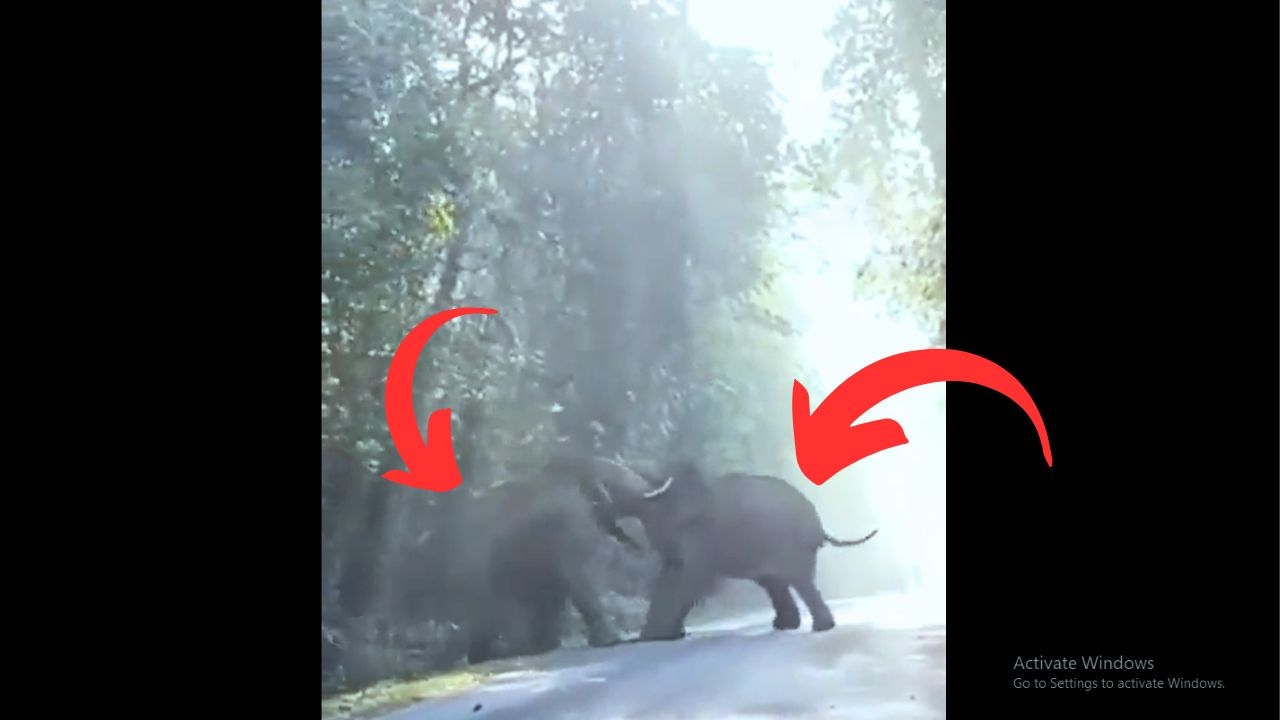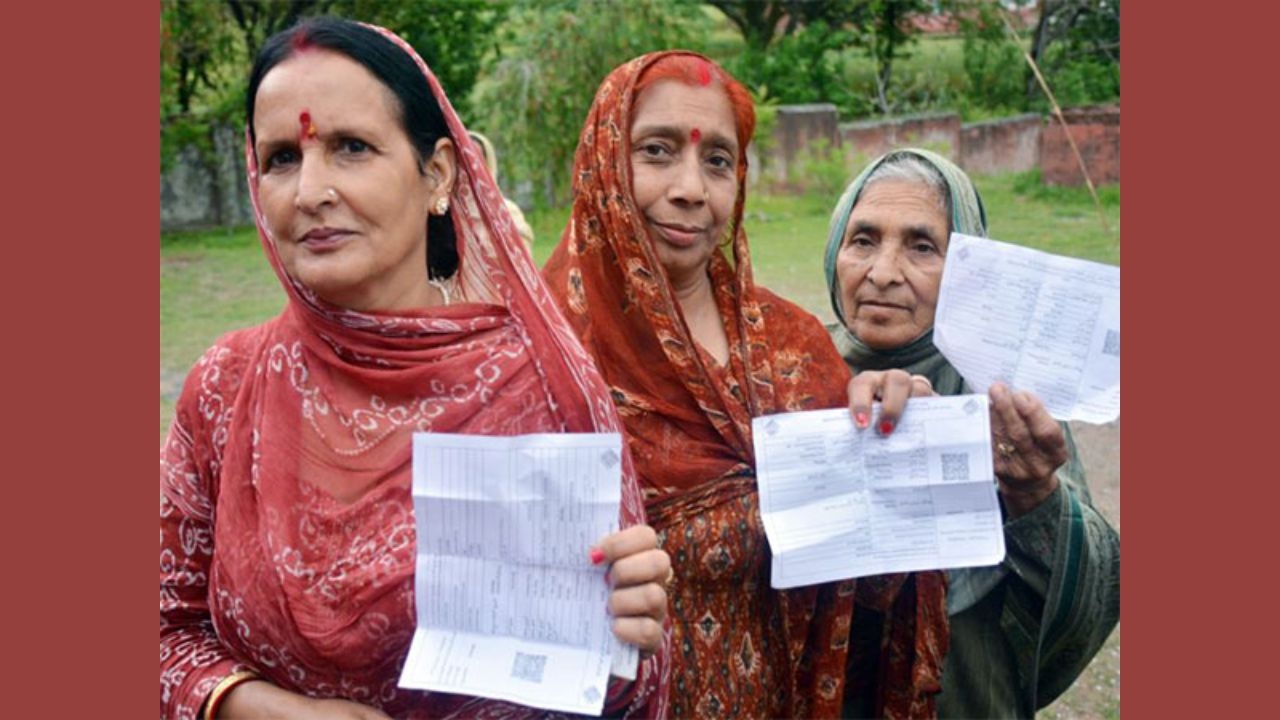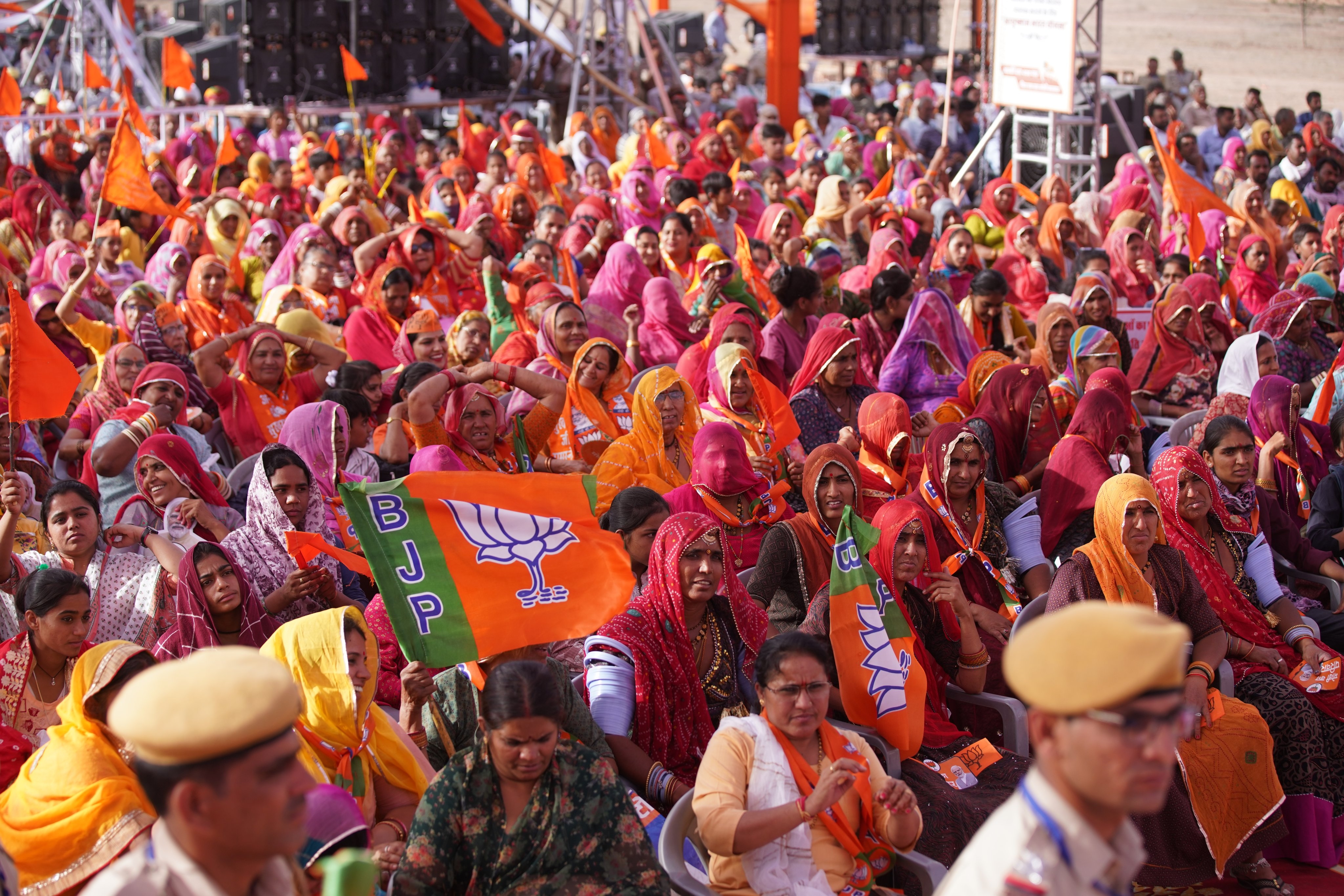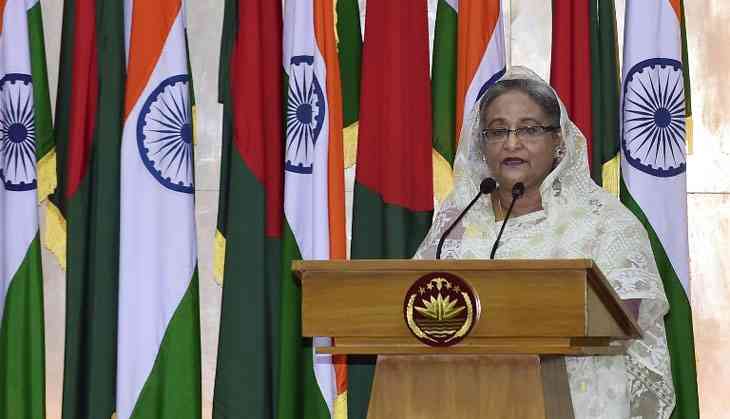
As Bangladesh Prime Minister Sheikh Hasina is set to pay a four-day state visit to India from 7 April her political advisor, Hossain Toufique Imam on 30 March while commenting on the possible defence agreement said the priority of both the countries is first to get rid of Inter-Services Intelligence (ISI) bases, adding that it will be a landmark visit.
Imam said that the relation between India and Bangladesh in defence sector is more about defence cooperation, which has been carried out in areas of security and terror from the time the Awami League Party in Dhaka came back to power in January 2009.
"An Indian high-powered delegation had visited us and we had discussed how we would approach security issues. I have had a long experience, and I am candid about it, there has long been the influence of ISI and Pakistan sympathizers in Bangladesh. So the first thing we decided was that we must get rid of ISI bases here, and their supporters," Imam told ANI.
He further said that both the countries have been working together from the past many years on several issues like power transfer, inland port routes, roadways through Bangladesh to connect India, now it's time take stock of what has been achieved.
"There may be many things up the sleeves of both parties (India and Bangladesh), which they will announce only during the visit. Prime Minister Hasina and Prime Minister Narendra Modi have struck up a good personal relationship, and like India we expect this to be a landmark visit," he said.
He however, declined to comment on any agreement on joint production of defence equipment between the countries saying that, "it is still under wraps".
Imam said that there is no possibility of involving China in the talks between India and Bangladesh, but it will need discussion at the political level.
Further commenting on the Teesta Water dispute between New Delhi and Dhaka, Imam said that, "We may be able to convince them (China) that they should not divert the water, which affects lower riparian, that is India and Bangladesh."
Prime Minister Hasina will pay a four-day state visit to India from April 7 to 10 following an invitation extended by Indian Prime Minister Narendra Modi.
The trip will include official talks between the two leaders in New Delhi on April 8.
Dhaka Tribune quoted the official statement as saying that the upcoming visit is expected to "further expand the cordial and cooperative relationship" between India and Bangladesh and "build on the strong ties of friendship and trust between the two leaders".
Indian High Commissioner in Dhaka Harsh Vardhan Shringla yesterday said that Bangladesh Prime Minister Hasina's visit to India is of high importance to his country.
"From the Indian side, we are giving the highest importance to the honourable Prime Minister's visit to India," the Indian envoy told the reporters after a meeting with Bangladesh Foreign Secretary Shahidul Haque.
He said that Hasina has been invited by Prime Minister Modi to stay at the Rashtrapati Bhawan, where usually no head of state gets the opportunity to stay.
Shringla said this visit is very important in many aspects for both the countries as the two neighbouring countries have demonstrated cooperation in settling land and maritime boundaries within a short period of time under the leadership of both Hasina and Modi.
India's Foreign Secretary S. Jaishankar last month had called Bangladesh Prime Minister Sheikh Hasina and briefed her on the recent developments in India- Bangladesh relations.
He had also discussed preparatory aspects of the proposed visit of Prime Minister Hasina to India at the invitation of Prime Minister Modi.
-ANI


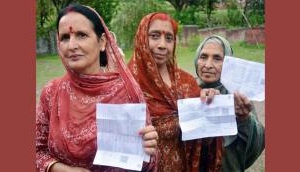
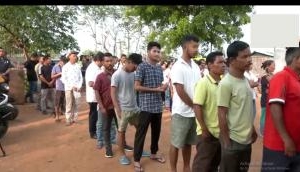
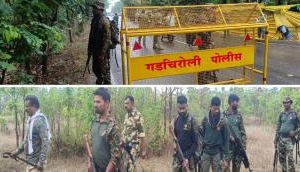


![BJP's Kapil Mishra recreates Shankar Mahadevan’s ‘Breathless’ song to highlight Delhi pollution [WATCH] BJP's Kapil Mishra recreates Shankar Mahadevan’s ‘Breathless’ song to highlight Delhi pollution [WATCH]](http://images.catchnews.com/upload/2022/11/03/kapil-mishra_240884_300x172.png)

![Anupam Kher shares pictures of his toned body on 67th birthday [MUST SEE] Anupam Kher shares pictures of his toned body on 67th birthday [MUST SEE]](http://images.catchnews.com/upload/2022/03/07/Anupam_kher_231145_300x172.jpg)


